Nine teams are participating in the business accelerator Hringiðu 2024, where the focus is on sustainability, but the aim of the accelerator is to highlight, promote and support green innovation projects at an early stage.
At the end of the accelerator, participants will be able to present their projects to investors and apply for grants that support projects that reduce emissions. Two projects that got a place in the Ring Accelerator were created in the solution meeting Thrádathoni that KLAK held at the beginning of the year in collaboration with Hringrásarklasann with support from the Ministry of Environment, Energy and Climate.
Hringiða's focal point consists of organized workshops and meetings with experts from the group of mentors from KLAK VMS. The progress of the participants under the guidance of the mentors results in a greatly increased probability that the wands will succeed, to the benefit of Icelandic society. Hringiða's mission is to promote the establishment of powerful companies in Iceland that are based on the concept of the circular economy, create valuable and interesting jobs and deliver results in environmental and climate matters in Iceland. Hringiða is managed by KLAK - Icelandic Startups, which for many years has provided assistance in the development of business ideas and brought together a group of stakeholders with value creation as a guiding principle.
Hringiða's sponsors are the City of Reykjavík, the Ministry of the Environment, Energy and Climate, Orkuveitan, Faxaflóhafnir, Terra, Ölgerðin and Samtok industriens. Hringiða's partners are Rannís, Breið vejðurfélag, Evris, Sjávarklassinn, Grænvangur, Orkuklassinn, Hugverkastofa, F6S and Hringrásarklasinn.
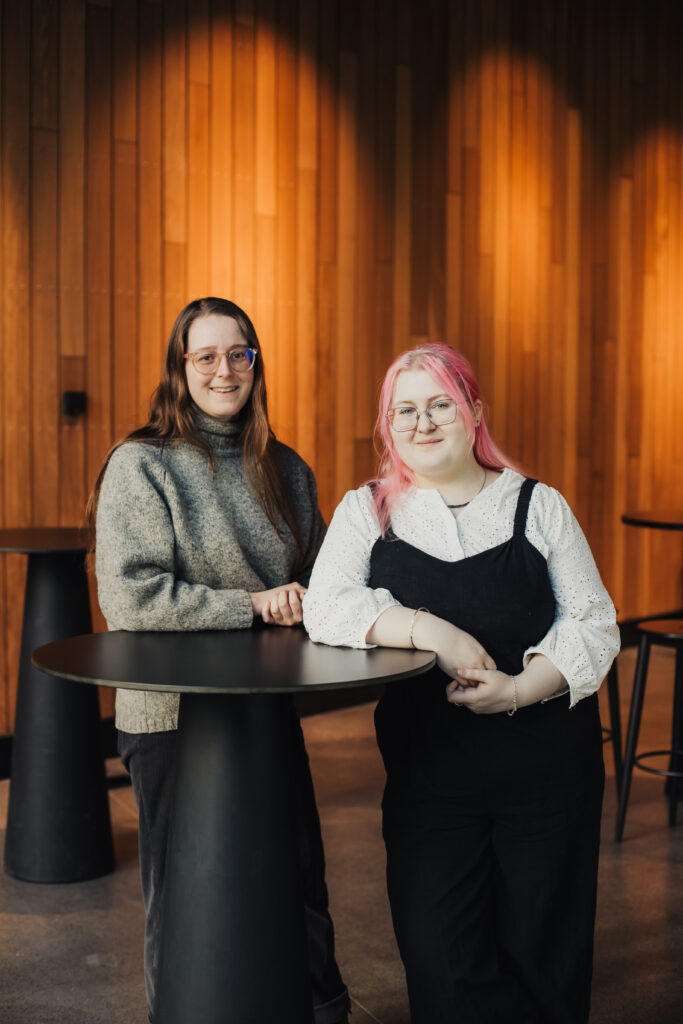
Arctic Fibers
Arctic Fibers was founded by Alice Sowa and Matthildi Marvinsdóttir, but it should be noted that Alice Sowa participated in Gulleggin 2024 with another idea, Ullarköggla, and made it to the Top 10.
Arctic Fibers transforms lupine, an invasive plant in Icelandic nature, into a valuable product that supports Iceland's circular economy. The research method is based on our pioneering work in the processing of lupine for textile, construction industry and other manufacturing products. Our goal is to support regenerative methods in landscape planning as well as to support the recovery of biological diversity in the areas that the lupine has taken over.
Circula
Circula ehf. was founded by Sighvati Lárusson and Kára Sighvatson. Recoma Ísland recycles composite cardboard packaging such as Tetra Pak and uses it to produce green building boards with 80-90% less carbon footprint than other building boards. 100% recycling of waste streams in Iceland, where the product is a green construction material that meets the construction industry's goals of 55% less carbon footprint by 2030 and better.
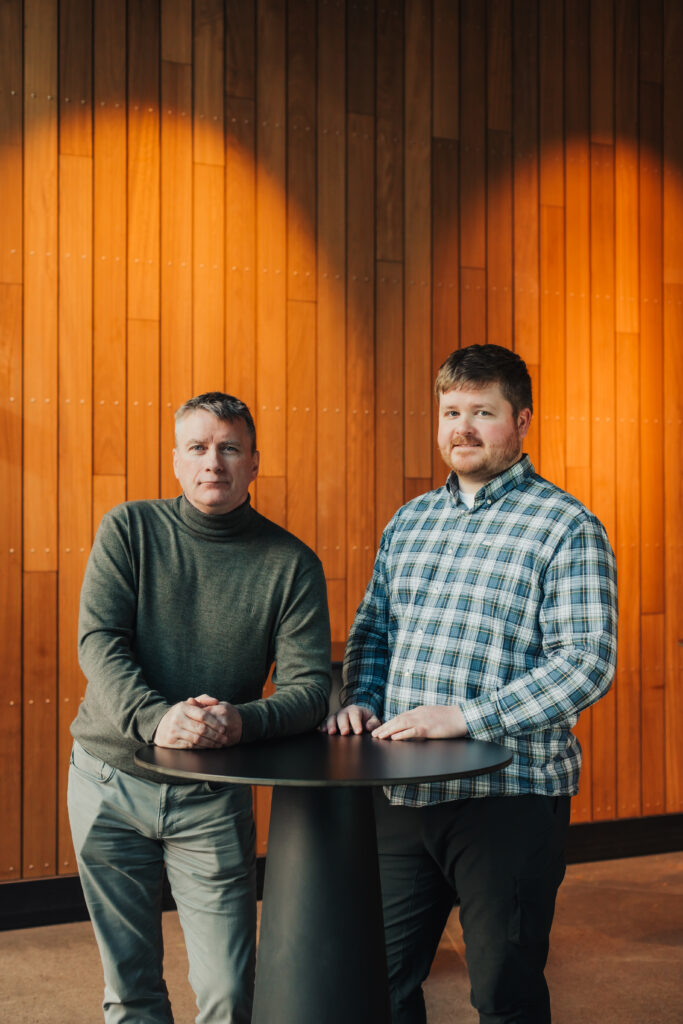
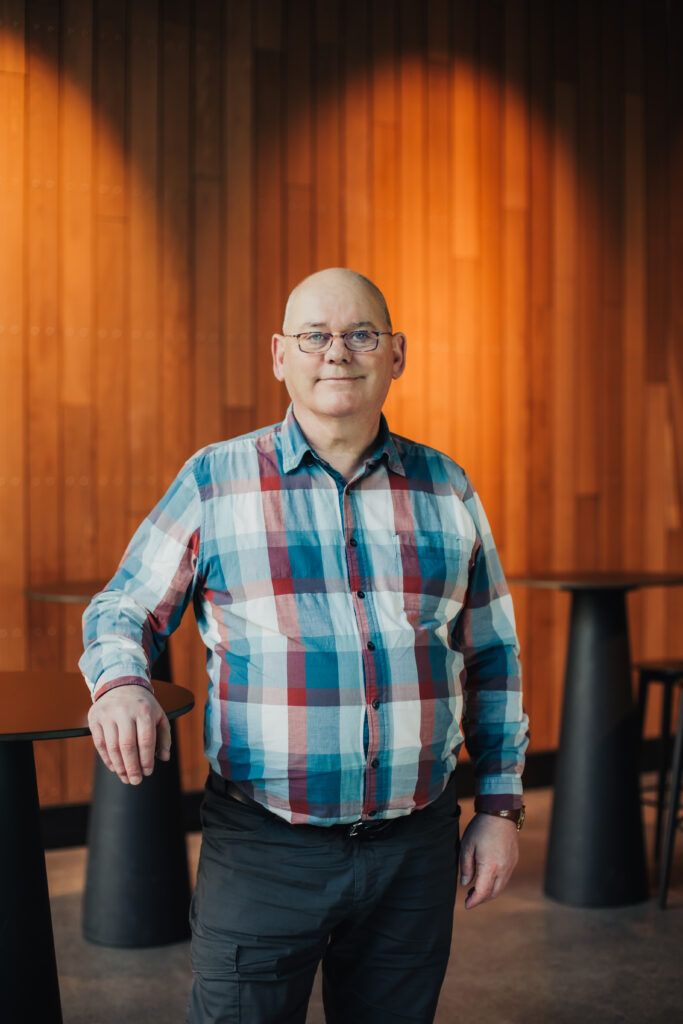
Echo
Ekkó was founded by Smára Jósafatsson. The goal is to offer our eco-friendly Ekko towing shutters that save an average of 7.5% of oil during fishing, which quickly saves the value of the shutters. In addition
of which the Ekkó towbars float over the bottom and protect the bottom living environment.
Flaff – the textile processing
Flöff textile processing is managed by Margrét Katrín Guttormsdóttir, Ragnheiður Stefánsdóttir, Sigríður Tryggvadóttir, Sæunn Kjartansdóttir and Ólöf Sigríður Jóhannsdóttir. Flaff textile processing was formed in Thrádathon KLAK in January and was in first place there. From there, the team signed up for Gulleggið, finished in the Top 10 and also won the popularity award.
Flöff plans to establish the first textile recycling center in Iceland, where unusable textiles are broken down and new value is created from them. Textile waste is a huge problem in the world and with this activity Flöff forms an important link in Iceland's circular economy.
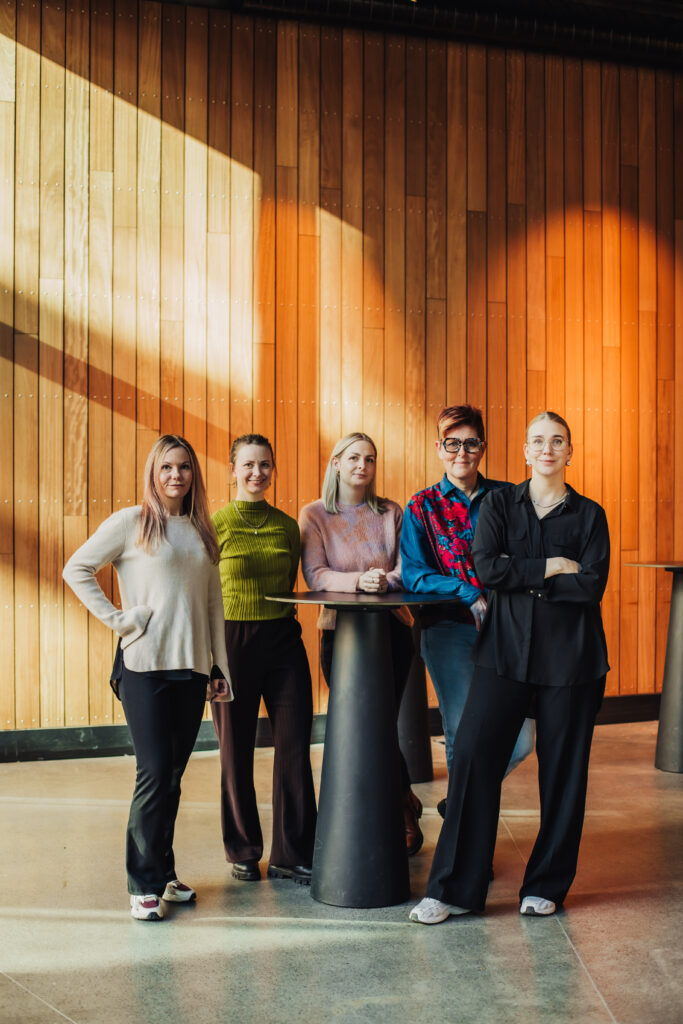
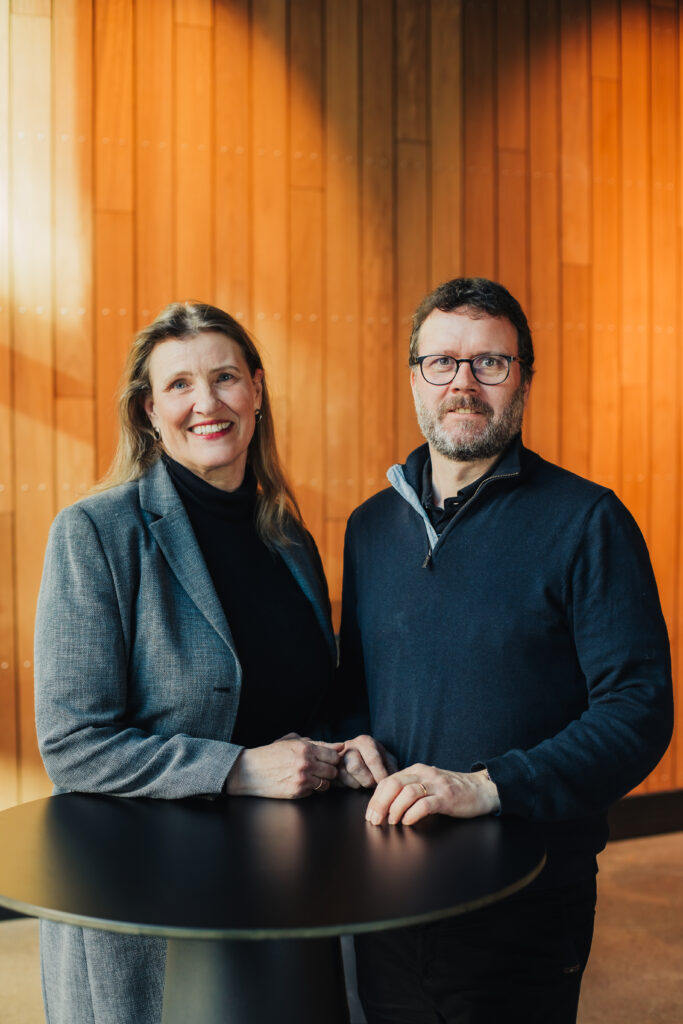
In the deep
In the depths was founded by Svein Gunnarsson and Begga Rist.
Today, much of horse manure in Iceland is disposed of, at great expense to the horse owners, without any use for it. In order to stop the import of compost and manure, we aim to, with a certain processing process, make a quality product from the horse manure, which can be used in gardening, cultivation, to name a few.
This product will increase the value of the product and will be sold in Iceland, but the technical know-how will be able to be exported to other countries.
Calm
The RÓ team consists of Litten Nystrøm, Harald Karlsson. RÓ researches and designs eco-friendly items with an emphasis on well-being and tranquility, based on local ingredients. We hereby present the RÓSEMI Recliner, the Flóra Meditation cushion and the RÓ Wool mattress, made of wool, wood and Herbal colors.
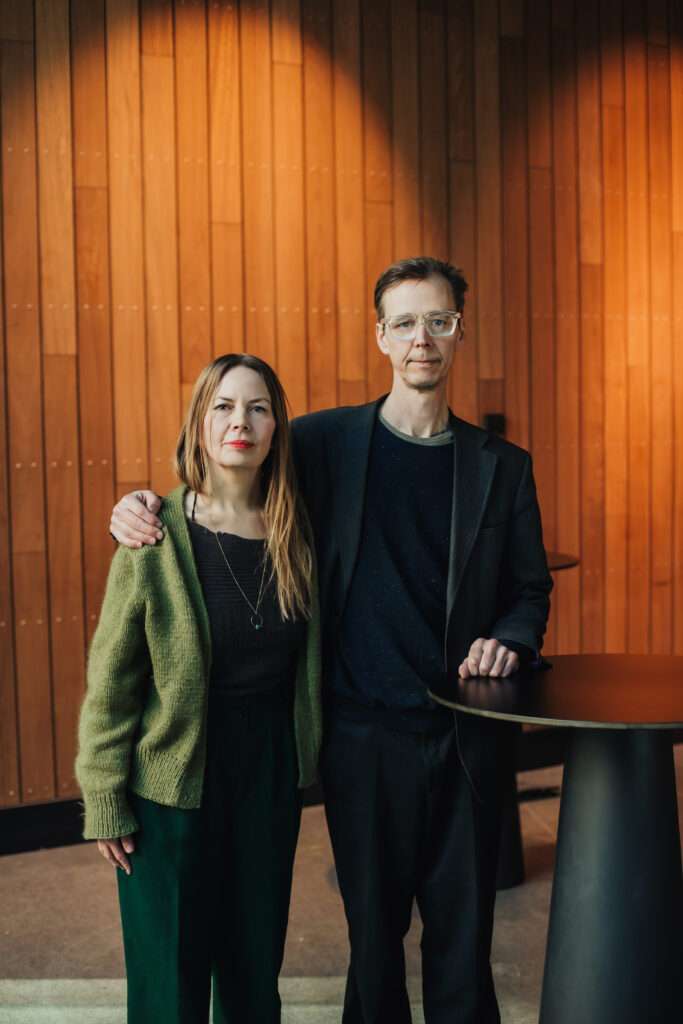
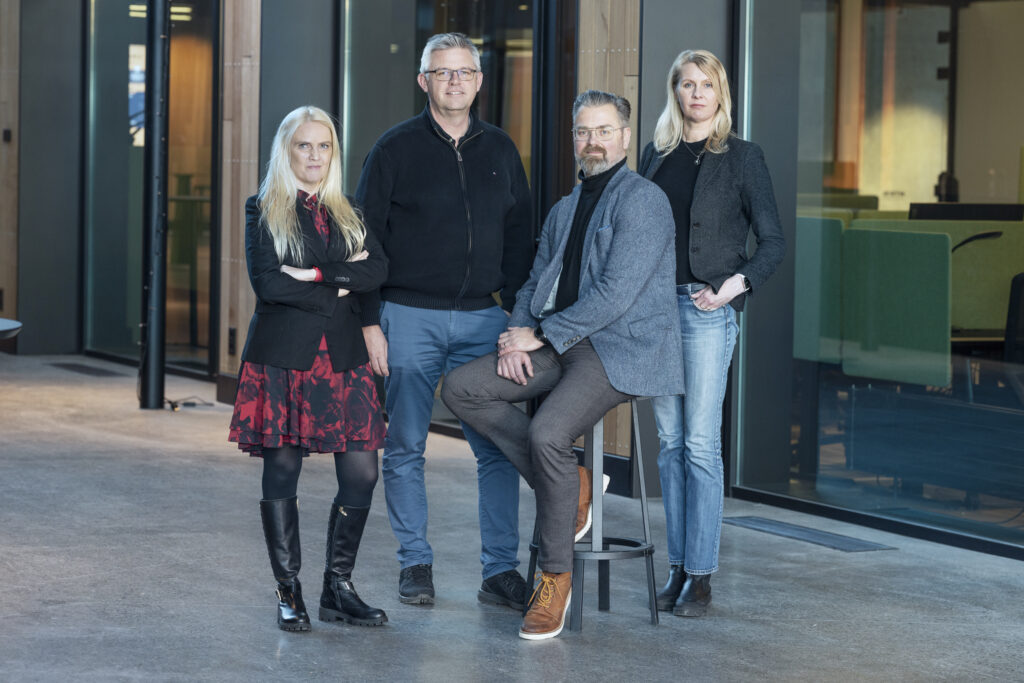
SeaGrowth
The SeaGrowth team consists of Alexander Schepsky, Birgitta Ásgrímsdóttir, Martin Uetz, Sigrún Gudjonsdottir, and it can be noted that the idea inspired Gulleggið 2024.
SeaGrowth plans to produce bio-cultured fish pulp from fish cells for food production. The process is such that an initial sample is taken from a wild, healthy fish, the cells are isolated and grown in specially designed culture tanks. The resulting mass of fish will be sold to food processing companies that process the raw product into fish dishes ready for consumers.
Select
The select team is Arna Sigrún Haraldsdóttir, Gunnhildur Edda Guðmundsdóttir, Luke Hening and Sesar Hersisson. The idea led to the solution meeting Thrádathoni in January and received a special incentive award.
Velja is a software solution that offers clothing rental in the form of 'capsule' wardrobes that meet the diverse clothing needs of individuals in a sustainable way. Velja gets used clothes directly from individuals and from recycling centers, thus contributing to an improved circular economy. Velja aims for growth through franchises, where entrepreneurs can take advantage of Velja's software solution, processes and market image in their own operations.
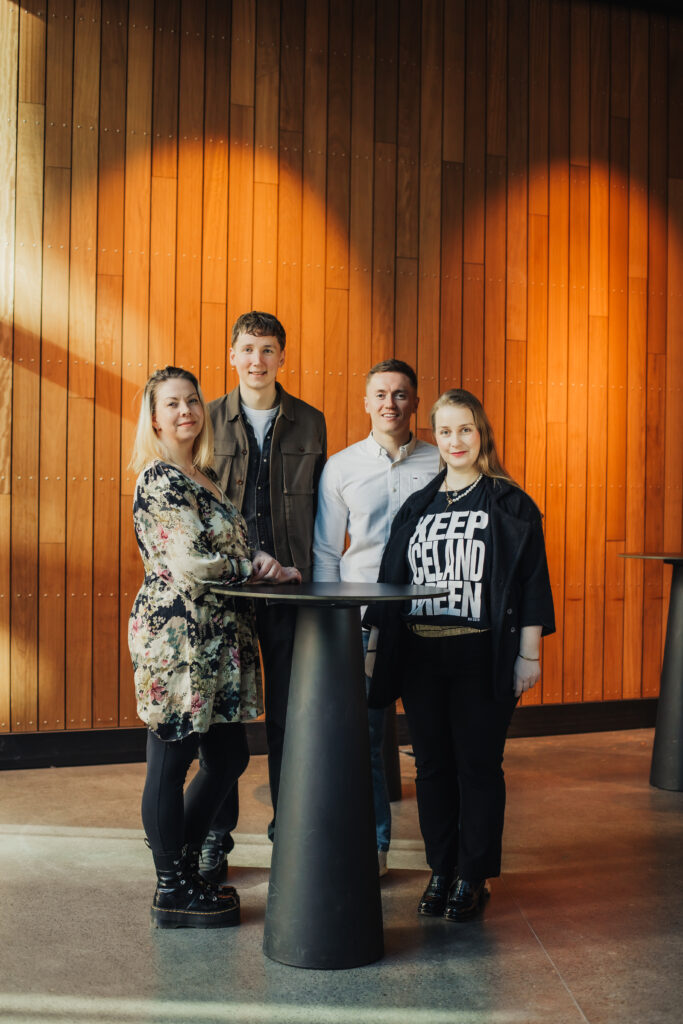
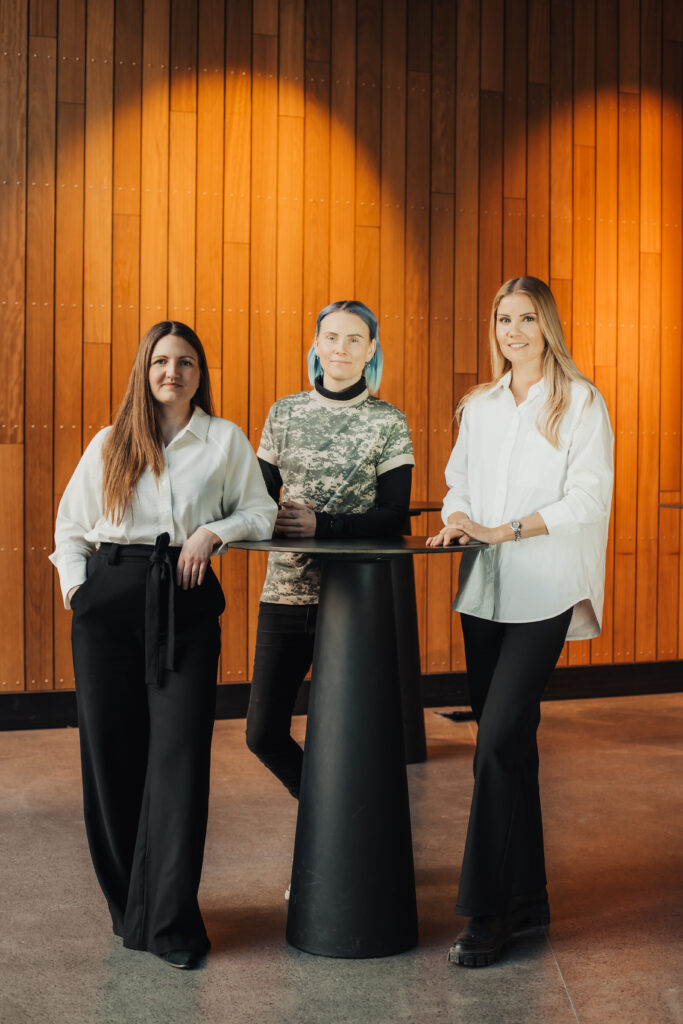
Log book
Vistbók was founded by Svála Jònsdóttur, Rósa Dögg Þorsteinsdóttir and Berglinda Ómarsdóttur. Vistbók collects sustainability information for building products and puts it in an accessible digital format to simplify designers' understanding of how the choice of building materials affects the building's sustainability.
Published on the website of the Business Newspaper vb.is on March 15